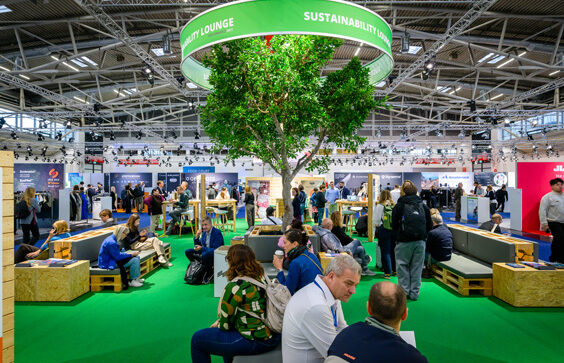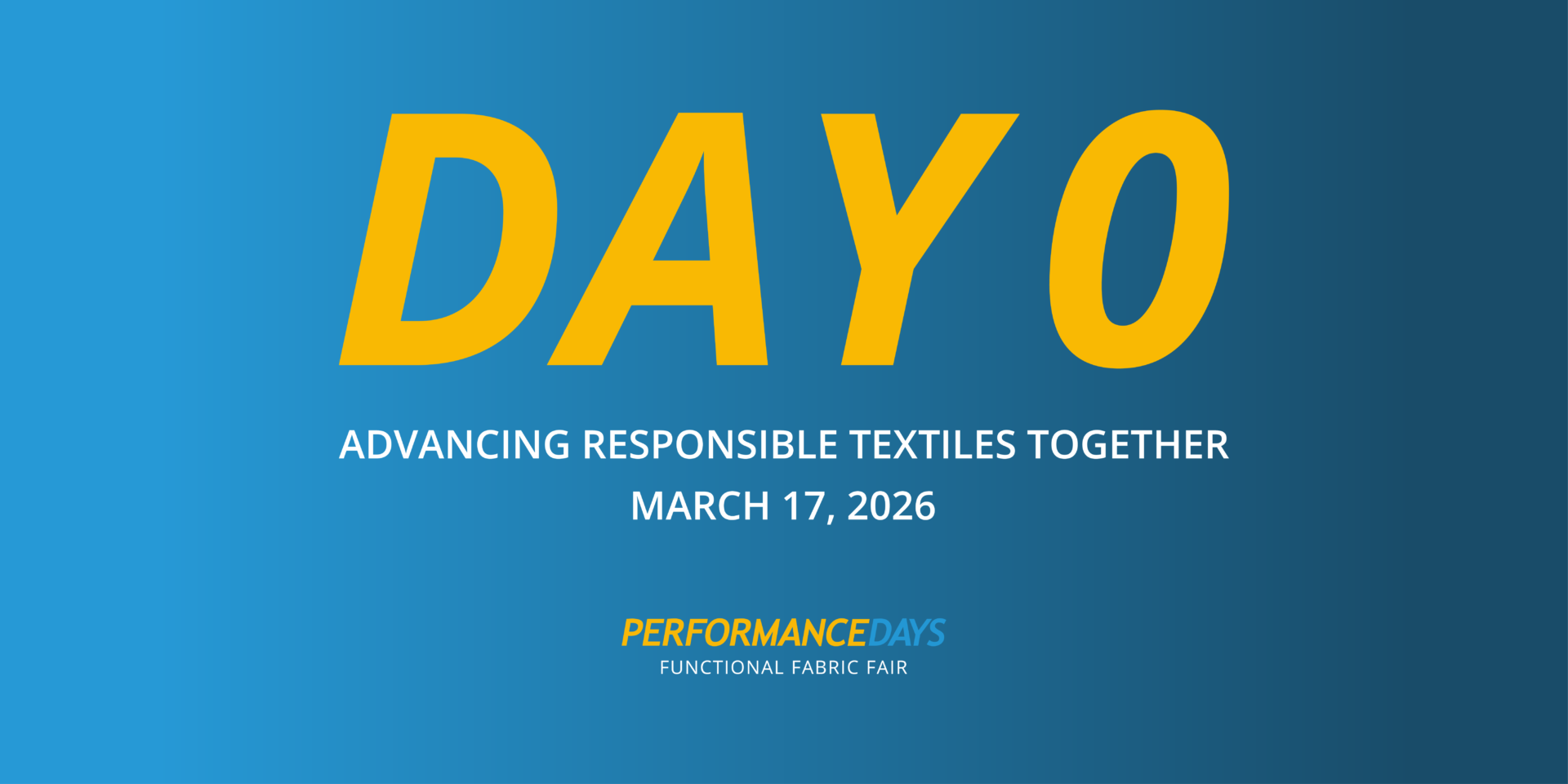Good News
Sustainable Stories

The retail customer club fueling country’s trail revival
Naturkompaniet’s customer club contributes 1% of purchases to trail restoration while rewarding circular outdoor choices.
By Gabriel Arthur

Extreme tours – with minimal CO₂ emissions?
In 2025, Tim Marklowski completed a year of extreme, low-emission mountain and ocean adventures across Europe – by bike, skis, and on foot.
By Gabriel Arthur

AKU’s Science Based Targets decarbonization pathway
AKU explains its Science Based Targets commitment, emissions reduction plan, and the challenges of decarbonization in footwear production.
By Gabriel Arthur

Restoration: Moving beyond protection to active repair
Ecosystem restoration is gaining ground across Europe and North America, with 10 leading projects reversing damage and restoring natural function.
By Jonathan Eidse
OPINION
 Sustainability needs a reality check: Let’s talk about what’s actually working
Sustainability needs a reality check: Let’s talk about what’s actually working Bold sustainability claims are everywhere, but real progress remains limited. Katy Stevens of the European Outdoor Group shares how the 2025 Outdoor Impact Summit aims to shift the industry toward action that counts.
Read More Opinion Articles...
Partner Stories

Natural fibers penalized? Why sustainability metrics fall short
Natural fiber scores underperform due to flawed tools. Better metrics are emerging to reflect their true impact from soil to society.
By IWTO

Rab’s Service Centres aim to keep outdoor gear going
Rab reveals latest Service Centre expansions as part of their circularity journey, striving to reduce the impact of their products at every stage of their lifecycle.
By Rab

Durability: a new benchmark
Durability is fast becoming outdoor’s new design benchmark. A GORE-TEX white paper calls for common definitions and transparent testing.
By GORE

“lavalan re”: how recycled wool is reshaping insulation
Wool waste is transformed into high-performance insulation with Lavalan Re, combining natural materials and circular principles.
By Lavalan
In Case you Missed

2025 sustainability “Dare List” for the outdoor community
Suston challenges the outdoor community to take bold steps in sustainability for 2025 with its inaugural “Dare List.”
By SUSTON

Reca: OutDoor by ISPO in Munich
While many focus on shaving off a gram of CO2 here and adding a circular design feature there, EOG’s Katy Stevens wonders if we shouldn’t instead tackle the industry’s overproduction of products – where as much as 40% goes to waste.
By Gabriel Arthur

Are we ready for “Made in a Democracy”?
Consumers and businesses have been more than willing to take advantage of rock-bottom prices offered by various dictatorships around the world. We’re beginning to understand the true cost is much greater.
By Gabriel Arthur










